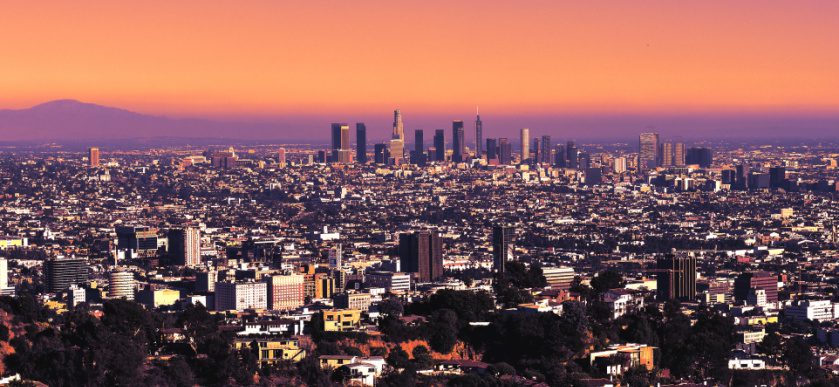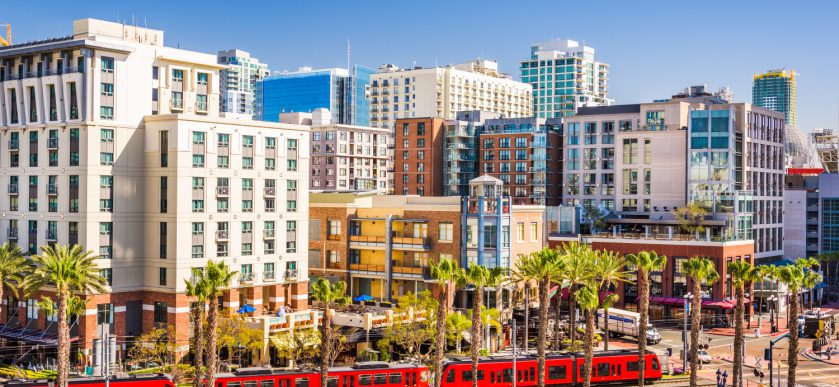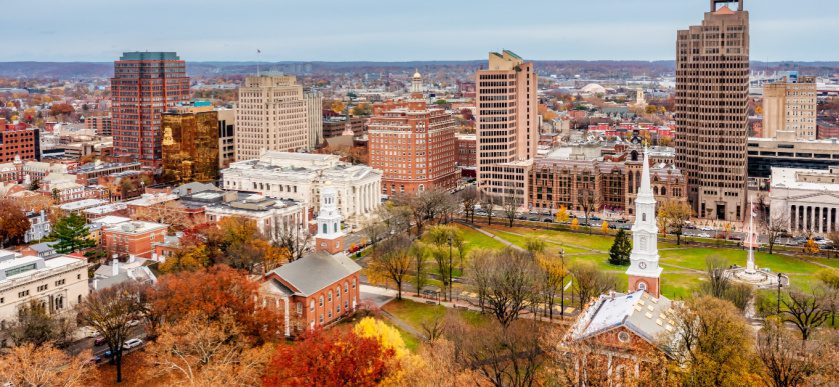Our Blog
Los Angeles NLRB Says College Athletes Are Employees
In February 2022, the National College Players Association (“NCPA”), an advocacy group composed of current and former college athletes, filed an unfair labor practice charge against the University of California Los Angeles, the University of Southern California, the Pac-12 Conference, the National Collegiate Athletics Association (“NCAA”), and all Division I football, men’s basketball, and women’s basketball programs for violations of the National Labor Relations Act (“NLRA”). The NCPA alleges that college athletes have been misclassified as non-employees and that the named organizations “interfered with, restrained, and coerced [] employees in the exercise of rights protected by Section 7 of the [NLRA].”
Since then, the college athletes fighting for recognition as employees have found an ally in Mori Rubin, the director of the National Labor Relations Board (“NLRB”) regional office in Los Angeles. On December 15, 2022, Rubin issued a statement expressing her position that the categorization of athletes as nonemployees is unlawful and announcing that the NLRB will issue a complaint and notice of hearing on behalf of the players if the matter fails to settle.
This statement comes on the heels of GC Memo 21-08 (“Memo”), “Statutory Rights of Players at Academic Institutions (Student-Athletes) Under the National Labor Relations Act,” authored by NLRB General Counsel Jennifer Abruzzo in the fall of 2021. The Memo states that college athletes meet the definition of statutory employees under section 2(3) of the NLRA, and, therefore, enjoy the attendant Section 7 rights to engage in protected concerted activity, including organizing, walkouts, and strikes, without interference. The Memo also indicates that public institutions may be subject to NLRB prosecution if they are found to be part of a joint employer relationship with the NCAA, a private entity. Finally, in a departure from precedent, the Memo announced that the NLRB will consider political activism on issues such as racial justice to be protected activity under the NLRA.
The classification of college athletes has long been a contentious debate. The NCAA maintains that college athletes are “amateurs,” not employees like their professional counterparts in organizations such as the NFL, NHL, and WNBA. Under the “amateur” designation, NCAA athletes are forbidden from entering “pay for play” arrangements with the educational institutions they represent. Schools are prohibited from directly financially compensating athletes, and there are restrictions on the kinds of scholarships and other “education-related benefits” players can receive. However, the power of the NCAA to police player compensation was significantly reduced in NCAA v. Alston, a unanimous 2021 Supreme Court decision holding that NCAA restrictions on education-related benefits for college athletes violate antitrust law.
Updates will be posted to this blog as the matter progresses.
The legal team at Miller Shah LLP has extensive experience representing worker misclassification matters. If you have any questions regarding this subject or this post, please contact Chiharu Sekino (cgsekino@millershah.com) or Mark Xiao (mxiao@millershah.com). The Firm can also be reached toll-free at (866) 540-5505.
Miller Shah LLP is a law firm with offices in California, Connecticut, Florida, New Jersey, New York, and Pennsylvania. The firm is an active member of International Advisory Group (IAG Global), which provides clients access to excellent legal and accounting resources across the globe. For more information about the firm, please visit www.millershah.com.











